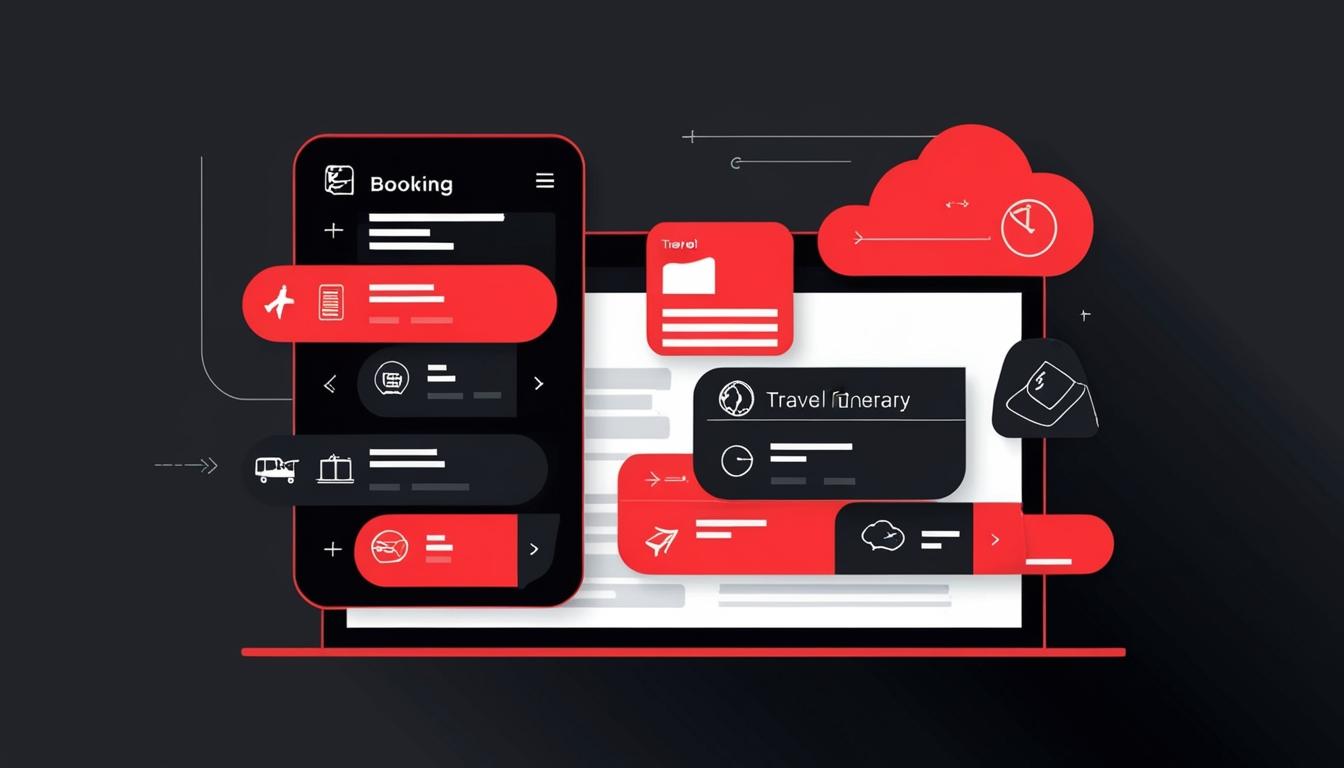The tourism industry increasingly harnesses technology to meet the sophisticated demands of customers, streamline operations, and pave a sustainable path forward, as highlighted by a report from TechBullion. Recent research by McKinsey & Company emphasises a significant shift in consumer expectations, with 70% of travellers now anticipating personalised experiences facilitated by digital tools. Additionally, an overwhelming 67% of consumers prioritise user-friendly booking platforms that enhance their travel journey.
Steven Vigor, the founder of Iberian Escapes, a bespoke travel company based in Portugal, elaborates on the central role of technology in their operations. “We leverage itinerary-building software to present polished proposals, enabling customers to visualise their trips easily. We also use digital tools to research markets, compare experiences, and confirm availability with suppliers,” Vigor told TechBullion. The integration of digital solutions while maintaining direct communication with suppliers is pivotal to the company’s approach, ensuring quality and personal touch in their offerings.
Nonetheless, Vigor points out the challenges in adopting such technologies, particularly regarding the booking and payment processes. Iberian Escapes previously implemented a third-party platform intended to simplify online bookings; however, the platform's complicated procedures resulted in a high bounce rate, leading to a significant loss in potential customers. “Thousands of visitors left without booking, and the inability to capture their email addresses meant we lost valuable leads,” Vigor elaborated.
This experience steered the company towards a clearer path: the necessity for a more streamlined platform that allows for one-click booking simplicity, direct supplier interactions, lead capture, and seamless integration into their existing framework. Until a suitable solution is identified, the company continues to rely on manual contacts with suppliers to deliver detailed proposals using their itinerary-building tools.
Vigor illustrates the importance of technology in handling real-time challenges within the travel sphere, sharing a particular incident where a private tour was unexpectedly cancelled. “Because we maintain direct relationships with our suppliers and use clear communication tools, we were able to act quickly. Within an hour, we arranged an alternative tour with another trusted provider and ensured the client had a seamless experience,” he recalls. The immediate update through the itinerary software profoundly impressed the client, leading to a subsequent booking with Iberian Escapes.
Vigor underscores that measuring success in bespoke travel involves a multifaceted approach. This encompasses seeking client feedback, tracking repeat bookings, and monitoring referrals as vital indicators of customer satisfaction. “After each trip, we actively request detailed feedback on the accommodations, activities, and overall flow of the itinerary,” he said. Conversion rates are closely monitored, providing insight into how well tailored proposals convert into confirmed bookings.
In line with these observations, the future of travel technology presents several opportunities for Iberian Escapes. The company is exploring the potential of platforms like Trip Creator and Travia, which aspire to automate tailor-made bookings directly with suppliers, thereby eliminating unnecessary intermediary markups. “We’re looking for tools that simplify online bookings while allowing us to maintain control over the bespoke process,” Vigor noted.
Additionally, Iberian Escapes is vigilant about advances in AI-driven personalisation and the development of tools that could further assist in automating communications and itinerary adjustments. These innovations point towards an evolving landscape in travel technology, where the intersection of automation and personal service becomes increasingly essential for meeting the demands of discerning travellers. As businesses continue to adapt to these changes, the role of technology in shaping future travel experiences appears to be nothing short of transformative.
Source: Noah Wire Services
